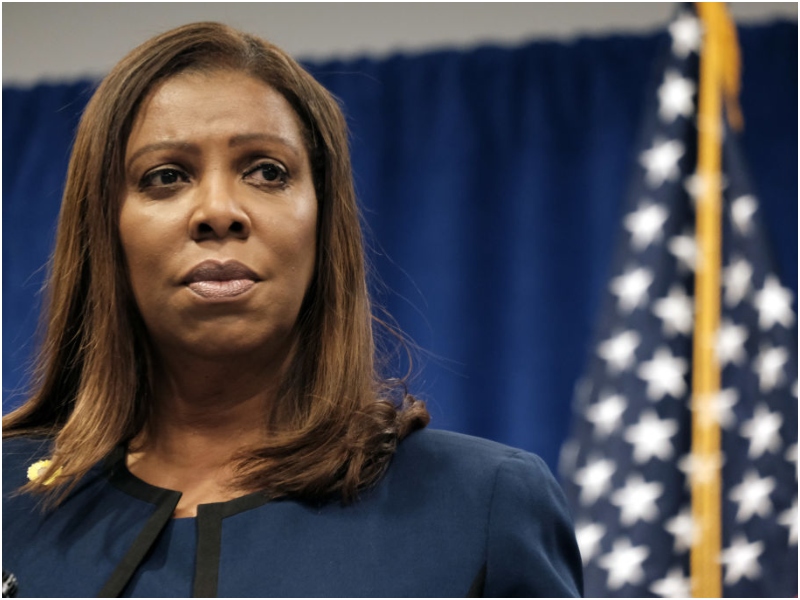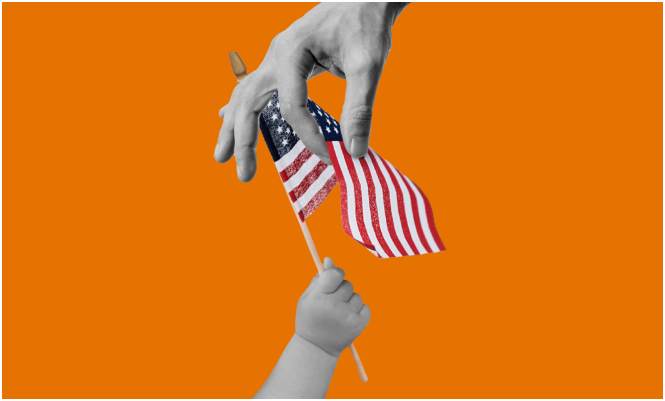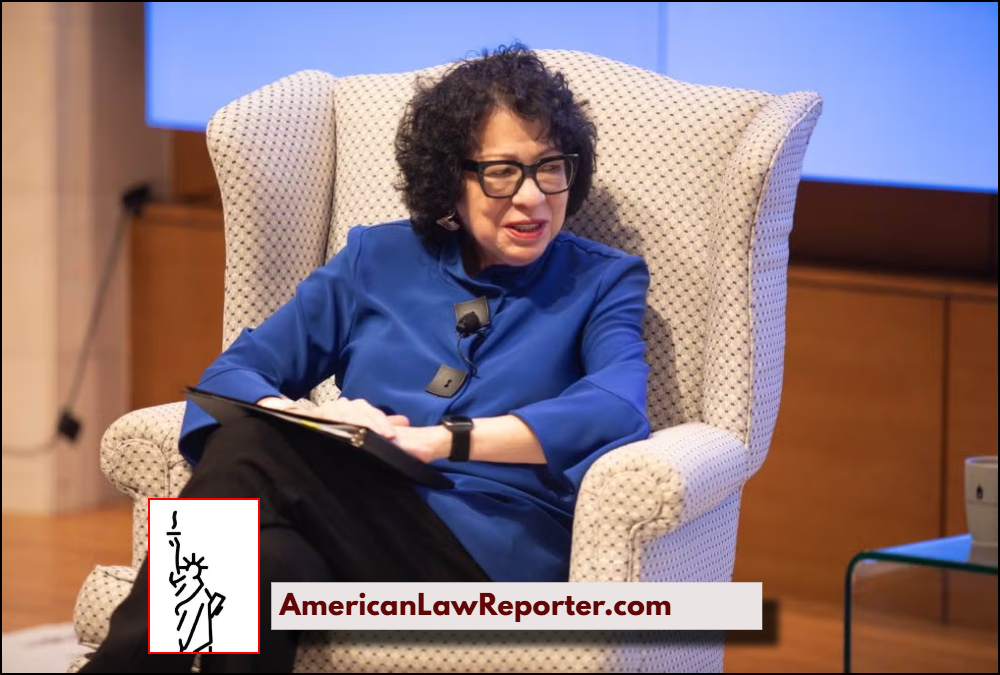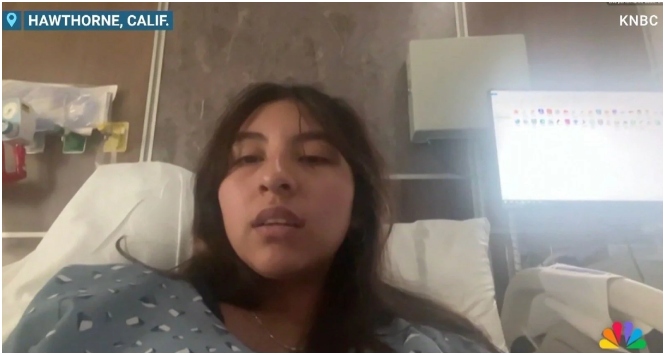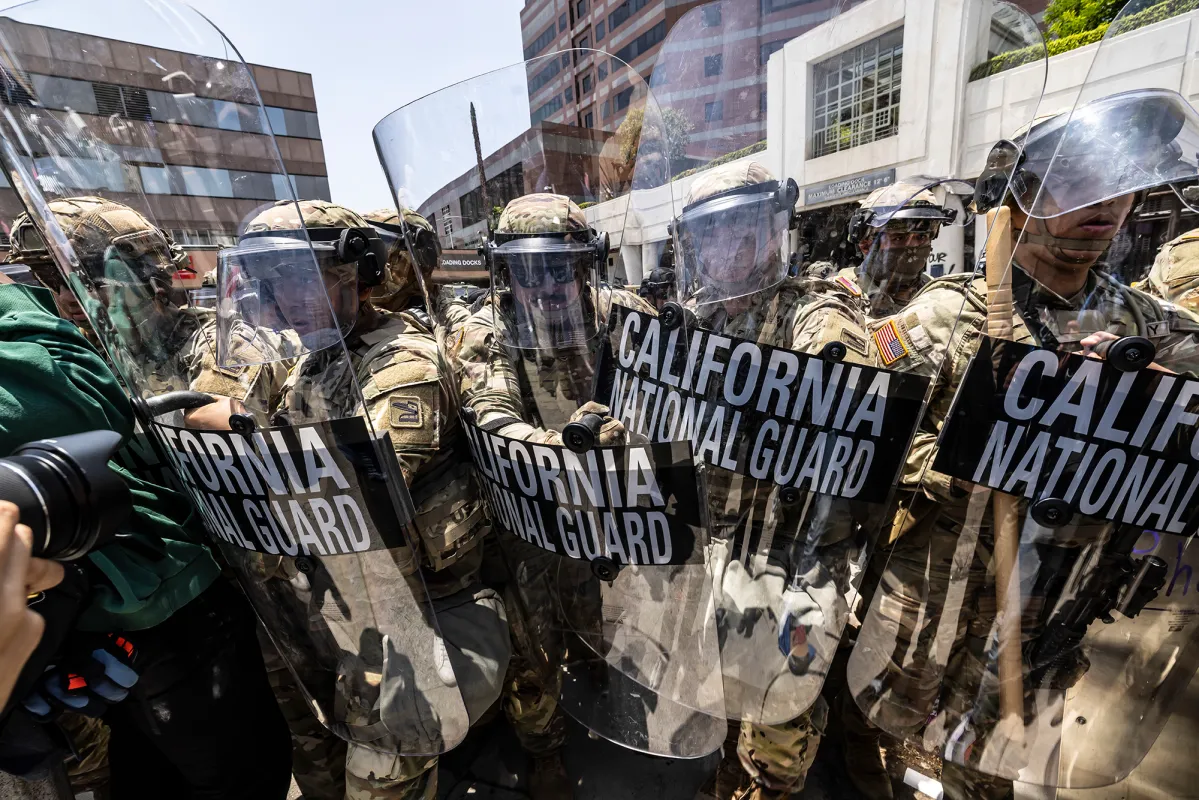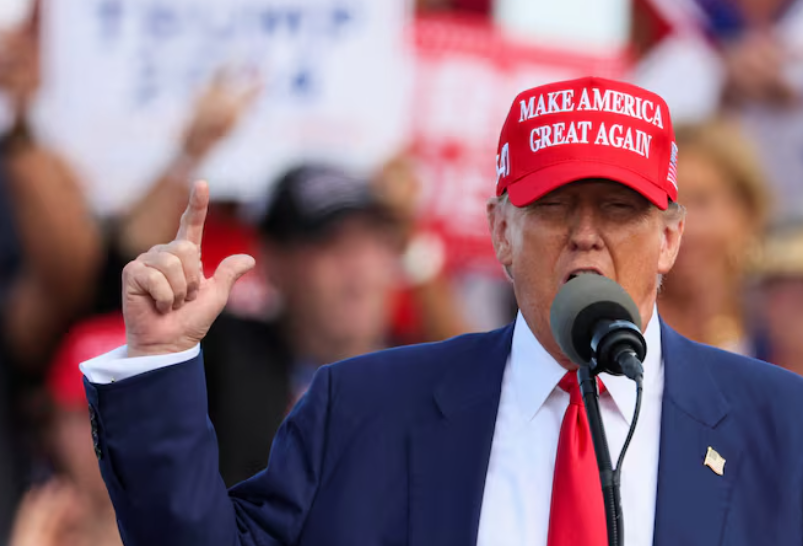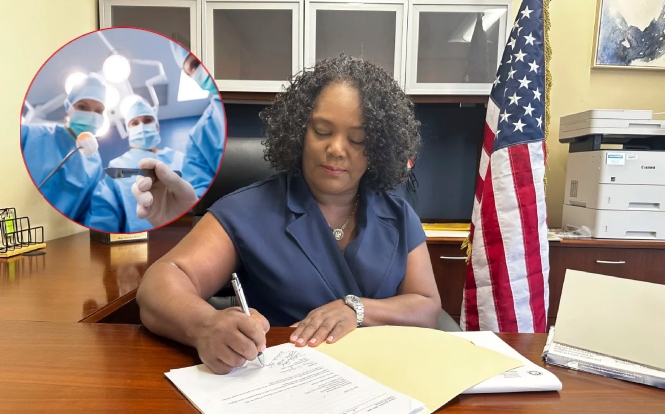Constitutional law
-
The attorney for New York Attorney General Letitia James has issued a pointed warning to political adversaries and prosecutors aligned with President Donald Trump, signaling potential legal action over what he described as repeated abuses of prosecutorial power. Speaking on MSNBC’s Morning Joe (MS NOW), Abbe Lowell, a veteran defense attorney representing James, said there…
-
In a move that could reshape the foundations of American citizenship and ignite fierce political debates, the U.S. Supreme Court on December 5, 2025, agreed to hear challenges to President Donald Trump’s executive order limiting birthright citizenship under the 14th Amendment. While no oral arguments were scheduled that Friday, December 5, 2025, adhering to the…
-
During an appearance on The View, U.S. Supreme Court Justice Sonia Sotomayor addressed the recent political chatter surrounding the 22nd Amendment, which limits U.S. presidents to two terms, and whether it could be challenged in the future. When asked directly if she believed the amendment was “settled law,” Sotomayor offered a nuanced response, one that…
-
Congresswoman Jasmine Crockett (D-TX) has launched a formal inquiry into what she calls a potential “cover-up” of President Donald J. Trump’s deteriorating health, raising legal and constitutional questions about the president’s capacity to perform his duties under Article II of the U.S. Constitution and the 25th Amendment. In a letter addressed to White House Physician…
-
As former President Donald Trump attempts to publicly distance himself from Project 2025, an undercover video has revealed that one of the initiative’s key architects continues to boast about its influence over Trump’s second administration and its sweeping, hardline policy goals. In July, Project 2025 co-author Russell Vought, who now leads the Office of Management…
-
U.S. Supreme Court Justice Sonia Sotomayor voiced cautious optimism about the state of American democracy in a televised interview this week, stressing that the republic endures so long as citizens remain engaged and active participants in self-governance. Speaking with ABC News’ Linsey Davis, Sotomayor reflected on warnings from constitutional scholars about a possible democratic crisis…
-
A weekend immigration raid in Southern California has sparked legal and constitutional questions after a 28-year-old U.S. citizen, Cary López Alvarado, was detained and hospitalized while eight months pregnant. The case highlights the tension between immigration enforcement authority and the civil rights protections guaranteed to citizens under the U.S. Constitution. Arrest Sparks Constitutional Questions López…
-
In a historic legal ruling, Senior Federal Judge Charles Breyer has declared for the first time in U.S. history that a sitting president violated the Posse Comitatus Act of 1878—a statute designed to prevent the use of the U.S. military in domestic law enforcement. The ruling blocks former President Donald Trump from deploying military forces…
-
The Trump administration has agreed to restore more than $6.8 billion in federal education funds after facing a multi-state lawsuit challenging its abrupt decision to freeze the congressionally allocated money. The withheld funding, earmarked for after-school and summer learning programs, teacher training, and support for English learners, had left more than 1.4 million children —…
-
Louisiana has enacted one of the most controversial criminal justice measures in recent history, becoming the first state in the United States to authorize surgical castration as a possible punishment for convicted child sex offenders. The law, signed by Governor Jeff Landry, took effect on August 1, 2024, and has already triggered nationwide debate among…

